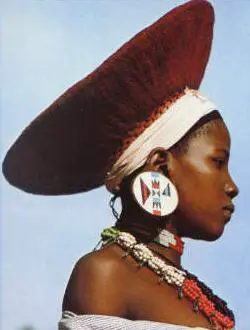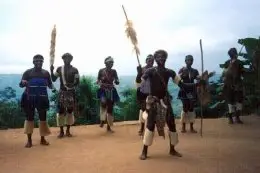In South Africa, a new push is being made to increase the teaching of indigenous languages, including Zulu, in schools. A new law soon to be introduced will require every school in the country to offer an indigenous language program – the chosen language will be based on the location of the school and the languages historically spoken in that area. There are several driving goals behind the policy move – one, of course, being to bolster and increase use of indigenous languages in the short term. The policy is also hoped to act as a protective measure over the longer term by increasing the organic spread of languages and by ensuring there is a demand for teachers of indigenous languages. Currently the demand for these teachers is low and inconsistent, meaning many are switching to other professions for greater security – the government is aiming to reverse that trend.
The changes come after the recent re-election of Jacob Zuma as the head of the African National Congress, securing him as South Africa’s leader for another seven years. Zuma has long been known for his Zulu nationalist tendencies, and this is reflected in the new emphasis on putting protective policy barriers in place to prevent the decline of the language. Many have welcomed the return of Zuma and the ongoing stability it indicates in South Africa, but some have criticized the leader for using Zulu nationalism as a distractions from his own personal and political faults.
In Durban, the Siyagiya International Music & Cultural Carnival is set to kick off with another line-up of top African performers, including many performing in Zulu. Artists expressed their pride in performing in the language, as it makes them feel more connected to their origins and allows them to make indigenous audience members feel more included in the performance. The lead singer of the Afrosoul group pointed out that on their latest album they sing in six different languages, including Zulu, English and several other native African tongues.

